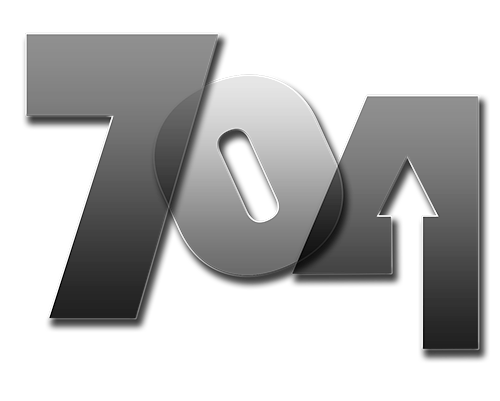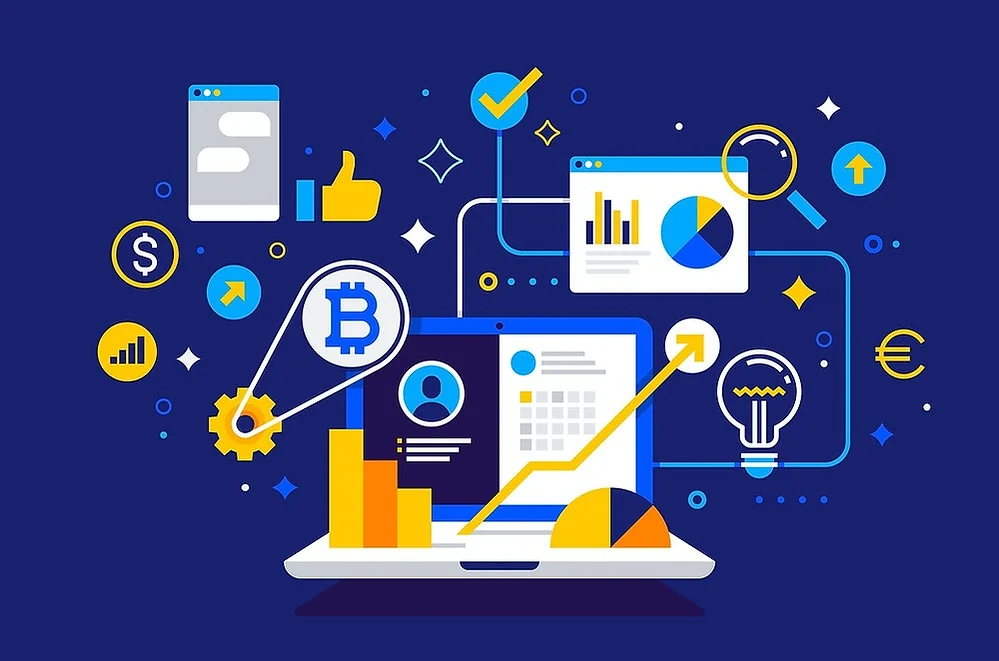
Don't Get Burned: 7 Questions You MUST Ask Before Hiring a Web Developer in Fort Worth
Choosing a web developer for your business is a major decision. You’re not just buying a piece of software; you're investing in a critical business asset and starting a relationship that can have a massive impact on your growth. Get it right, and your website becomes a 24/7 sales and operations engine. Get it wrong, and you’re left with a costly, underperforming headache.
With so many options out there—from large agencies to solo freelancers to offshore teams—how do you choose the right partner?
With over two decades of experience building custom web applications for businesses right here in the Dallas-Fort Worth area, we’ve seen what separates successful projects from disastrous ones. It all comes down to asking the right questions before you sign a contract. Here are the seven essential questions you should ask any potential web developer to ensure you hire with confidence.
1. "What is your development process from start to finish?"
Why it matters: This question immediately separates the organized professionals from the amateurs. A developer who can't articulate their process is a developer who is likely "winging it"—a recipe for missed deadlines, endless revisions, and a final product that doesn’t match your vision.
What a good answer sounds like: A professional will describe a clear, multi-stage process. Look for phases like:
- Discovery & Strategy: Where they dig deep to understand your business goals, target audience, and what success looks like.
- Design & UX/UI: Where they create wireframes and mockups so you can see and approve the look and feel before any code is written.
- Development: The actual coding phase where the designs are brought to life.
- Testing & Quality Assurance (QA): Where they rigorously test the site on different browsers and devices to squash bugs.
- Deployment & Launch: The process of taking the site live.
- Post-Launch Support: Their plan for after the site is live.
Red Flag: "Just send over what you want, and I'll build it." This lack of structure is a warning sign of a chaotic and unpredictable project.
2. "Can you show me a portfolio of custom applications you've built?"
Why it matters: You need to distinguish between a true developer and someone who just assembles pre-made templates. Anyone can buy a theme and change the colors. You need a partner who can solve unique business problems with code. Ask to see projects that required custom features or complex, from-scratch development.
What a good answer sounds like: A confident developer will be eager to show you their work. They won’t just show you screenshots; they’ll explain the business problem they were hired to solve, the custom solution they architected, and the positive results the client saw.
Red Flag: A portfolio filled with look-alike websites built on platforms like Wix or Squarespace. There’s nothing wrong with those tools for simple sites, but if you’re hiring a developer, you need to see proof they can actually develop.
3. "Who will be my main point of contact, and who is actually writing the code?"
Why it matters: Communication is everything. In larger agencies, you might talk to a slick salesperson or project manager, only to have your project handed off to an anonymous junior developer or an outsourced team. You need to know who you’ll be talking to and what level of expertise they have.
What a good answer sounds like: The answer should be direct and clear. "You will work directly with me, the lead developer and architect of the project." Or, "Your dedicated project manager is a technical expert who works side-by-side with our in-house senior development team." The goal is clarity and a direct line to expertise.
Red Flag: Vague answers like "We have a team" or "We’ll assign resources" without specifying who those people are, what they do, or if they are even in the same time zone.
4. "How do you handle ongoing security and maintenance after the site launches?"
Why it matters: A website is not a one-and-done purchase like a brochure. It's a living asset that requires regular care to remain secure, fast, and functional. A developer who doesn’t have a clear plan for post-launch support is not a long-term partner.
What a good answer sounds like: A professional will explain their maintenance plans or service retainers. They should talk about essential services like regular software updates, security monitoring and malware scanning, daily or weekly backups, and a clear system for you to request support when you need it.
Red Flag: "You don't really need maintenance," or treating it as an unimportant afterthought. This is one of the biggest red flags. An unmaintained website is a ticking time bomb for security breaches and bugs.
5. "How do you approach the technology you use for your projects?"
Why it matters: While you don't need to be a tech expert, you should understand why a developer chooses their tools. Is it because the technology is genuinely the best fit for your project, or just because it's the only thing they know?
What a good answer sounds like: A thoughtful developer will explain their choices in terms of business benefits to you. They’ll use words like “security,” “stability,” “scalability,” and “performance.” For example, "We use a framework like ColdFusion for complex applications because it’s known for its robust security and allows us to build and deploy custom features rapidly and reliably."
Red Flag: Choosing a technology "because it's popular" without a compelling reason, or being unable to explain the pros and cons of their chosen stack.
6. "What is your process for handling changes or new feature requests mid-project?"
Why it matters: Ideas evolve. It’s almost guaranteed you’ll want to add or change something during the project. This is known as "scope creep," and if it's not managed properly, it can destroy budgets and timelines.
What a good answer sounds like: A professional will have a clear change-order process. They’ll say something like, "That's a great idea. We will assess the request, provide you with a detailed quote for the additional time and cost, and we will only proceed with the new feature once you have formally approved it."
Red Flag: "Sure, no problem, we can just add that in!" While this sounds accommodating, it often leads to a massive, unexpected bill at the end of the project or significant delays.
7. "How do you handle project communication and updates?"
Why it matters: Feeling like you're in the dark is one of the most stressful parts of any big project. A good developer understands this and proactively communicates to keep you informed and confident.
What a good answer sounds like: They will have a defined communication plan. "We schedule a regular check-in every Friday via email to update you on progress, and we use a project management tool to track tasks so you can see what’s being worked on at any time."
Red Flag: "Just email me whenever." While this seems flexible, it often translates to you having to constantly chase them for updates.
Conclusion: Finding a Partner, Not Just a Coder
Hiring a web developer is a search for a trusted partner who can guide your business's digital growth. A true professional will not only welcome these questions—they will be impressed that you asked them.
At 704.ch, we believe transparency, clear communication, and a predictable process are the bedrock of every successful project. We've spent over two decades refining our methods to ensure our clients feel confident and supported from our first conversation to long after launch.
If you're ready to work with a DFW-based developer who can confidently answer all these questions and more, let's






